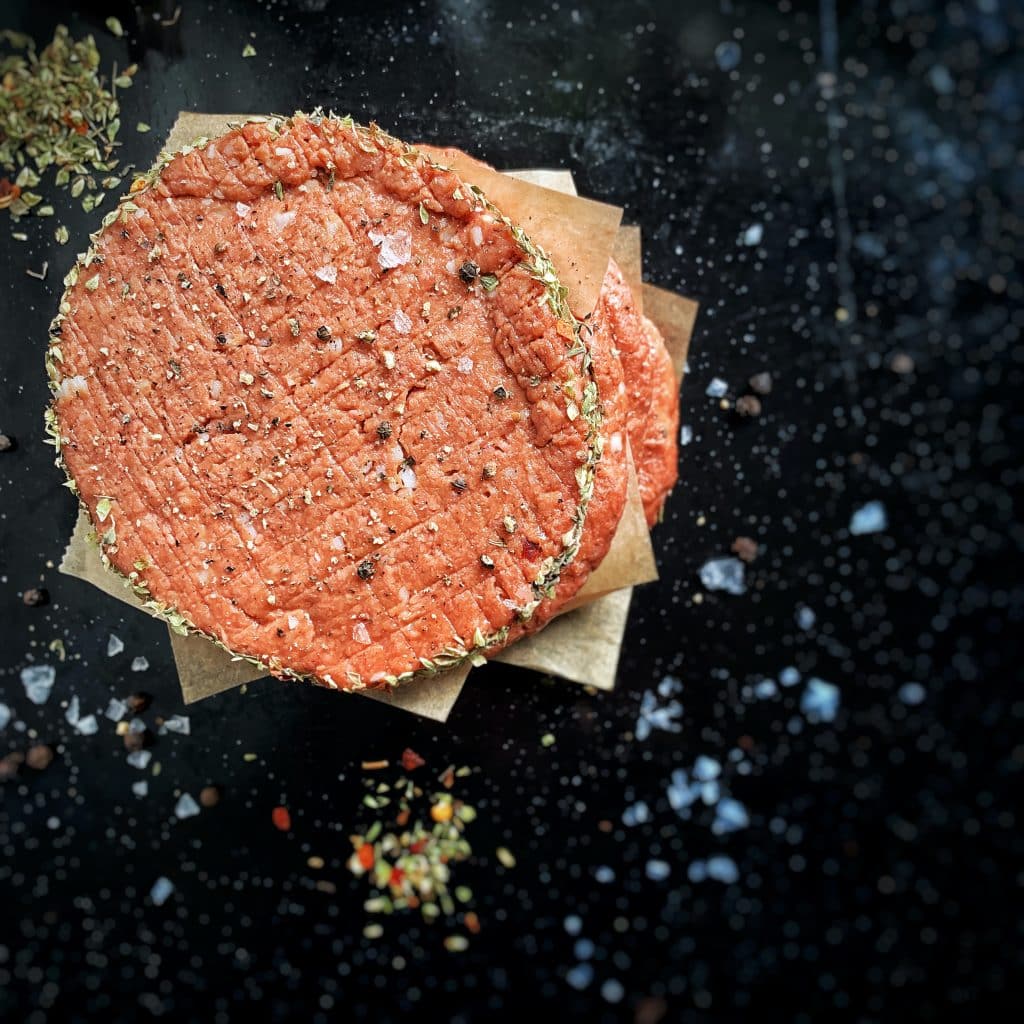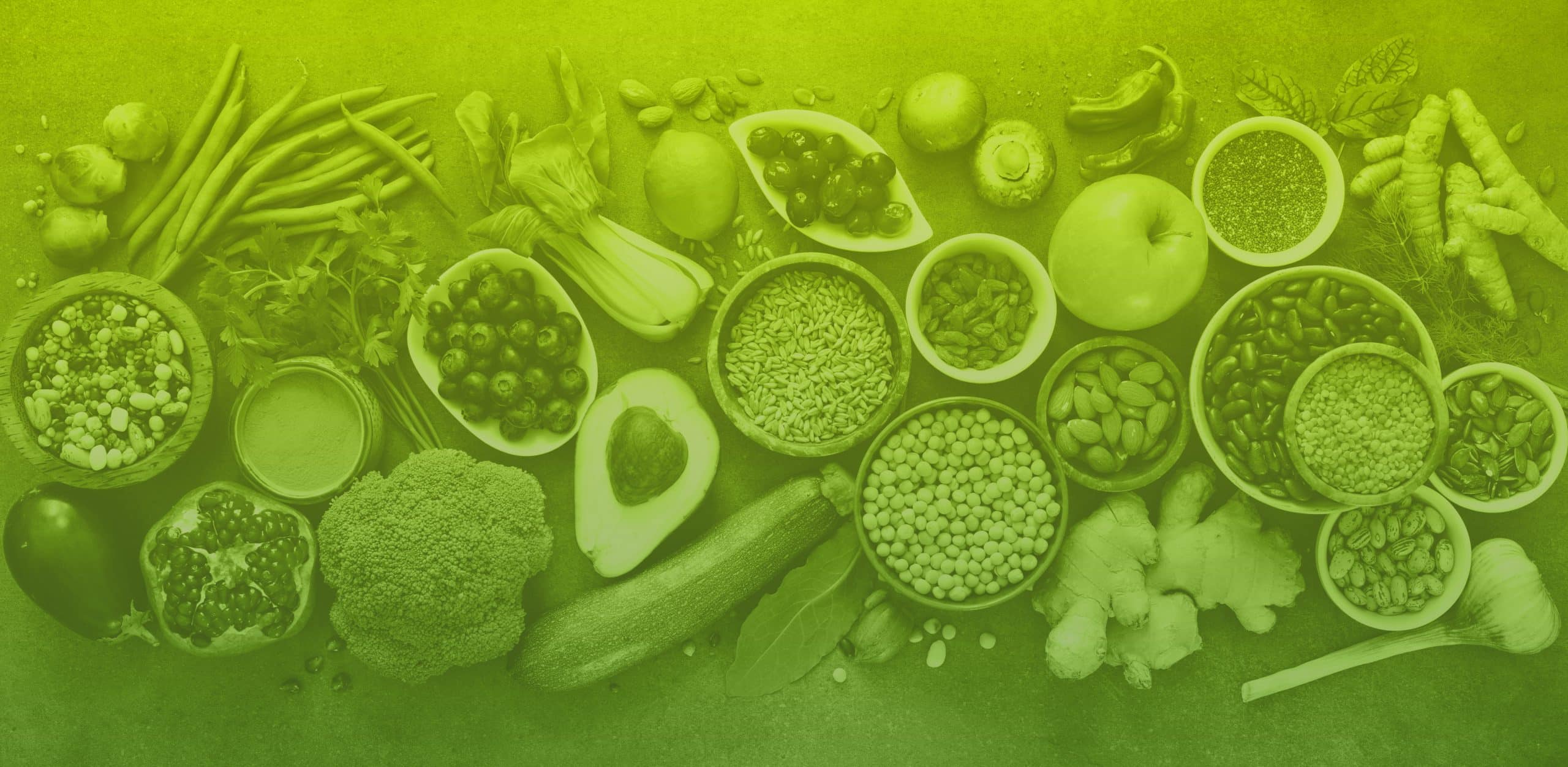New report highlights policy tools to halt climate change
Although a significant 40% of Europeans identify as flexitarian, pescatarian, vegetarian, or vegan,1 this percentage needs to rise if we are to transition our food system away from animal agriculture and stem climate change.
To shift more Europeans to a plant-based diet, the EU-funded Smart Protein Project has published a new report detailing the measures that the EU needs to adopt.
“Animal agriculture is responsible for about 17% of carbon emissions in the EU,2 3 so it is vital that the EU focuses on implementing policies that promote more climate-friendly food,” Juliette Tronchon, ProVeg International’s Senior Policy and Public Affairs Specialist and co-author of the report, said.
“Animal agriculture also contributes to lifestyle diseases, global hunger, and animal suffering so replacing animal products with plant-based and cultivated foods offers the EU a multi-pronged solution to these problems,” Tronchon added.
ProVeg International is one of 33 Smart Protein Project partners drawn from industry, research and academia.
Labeling and marketing, public food procurement, VAT rates and subsidies

The Smart Protein Policy Brief calls on the European Commission to progress on policies covering four key areas: labeling and marketing, public food procurement, VAT rates and subsidies.
Specifically, they are:
- Launch a front-of-pack sustainability labeling scheme for food products.
- Establish an EU-wide definition of the terms ‘vegan’ and ‘vegetarian’.
- Allow plant-based products to use conventional meat and dairy names such as ‘milk’ or ‘cheese’.
- Include plant-based foods in the EU’s criteria for sustainable public procurement.
- Make nutritious, fortified plant-based products eligible for organic certification.
- Ensure EU-wide VAT rates for plant-based products and animal-sourced foods are equal and encourage more member states to introduce 0% VAT rates for plant-based whole foods.
- Revise the EU’s current agriculture-promotion policy.
- Increase R&D funding for plant-based innovation.
More funds for alt-proteins, please!

It’s important to highlight the importance of allocating more funds to research alternative proteins. The €32 million of funding earmarked for sustainable protein under the EU’s Horizon Europe program is only a fraction of the programme’s current budget of €95.5 billion.
“Where the EU’s agriculture promotion policy is concerned, healthy, plant-based alternative products are barely mentioned, whereas the livestock sector, with its’ high carbon emissions, high water usage and pollution of waterways, is amply funded,” Falk Hemsing, International Policy Officer at ProVeg and co-author of the report, said.
“As stated in the Farm to Fork Strategy, alternative proteins, such as plant, microbial, or marine proteins, is one of key areas of research for a sustainable, healthy and inclusive food system,” Cindy Schoumacher, Policy Officer at the European Commission DG Research and Innovation, said.
“The aim is to stimulate food consumption that is sustainable in both health and environmental aspects, highlighting the importance of plant-based diets. Smart Protein is providing key information to fill knowledge gaps on alternative proteins and contribute to achieve the objectives of the European Green Deal,” Schoumacher added.
Read the full report here, and get in touch with ProVeg at [email protected] for more insights on the alt-protein industry.
References
- ProVeg International (2020): European consumer survey on plant-based foods. Available at: https://proveg.com/what-we-do/corporate-engagement/proveg-consumer-survey-report-download/ Accessed 2021-10-08
- Bellarby, J., R. Tirado, A. Leip, et al. (2013): Livestock greenhouse gas emissions and mitigation potential in Europe. Global Change Biology 19 3–18. doi:10.1111/j.1365-2486.2012.02786.x
- Farming for failure. Greenpeace. Available at: https://www.greenpeace.org/eu-unit/issues/nature-food/45054/report-farming-for-failure/. Accessed 2023-06-22.



